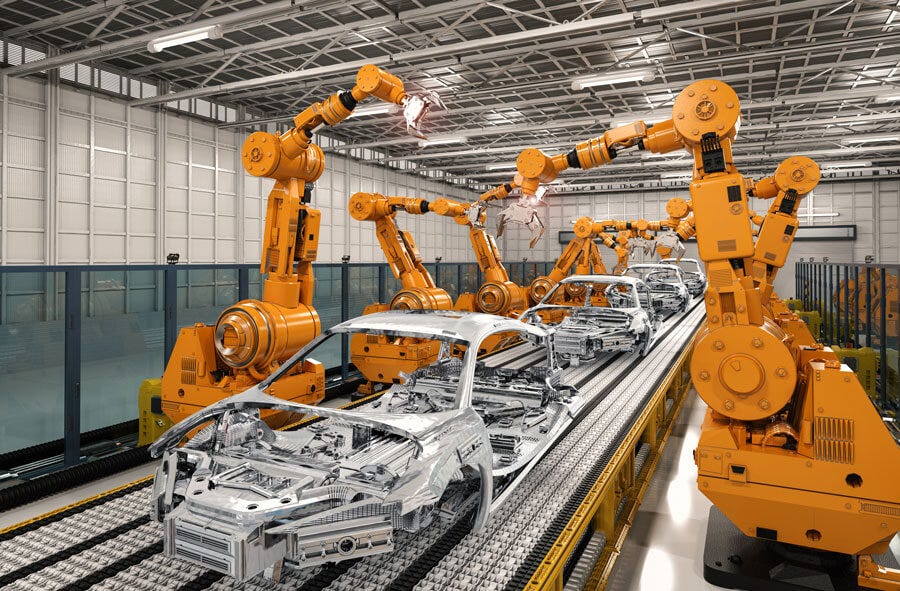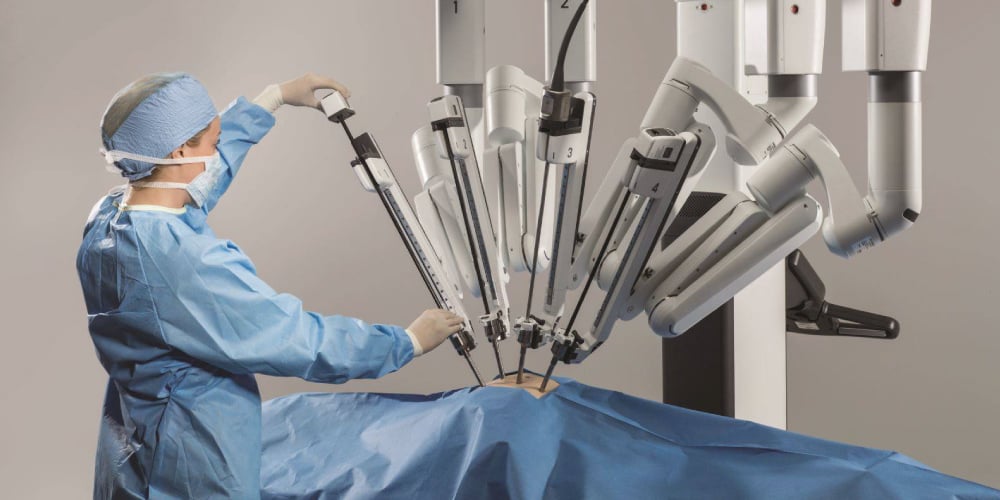Introduction:
The rapid progress in robotics and automation has had a profound impact on industries globally, revolutionizing sectors such as manufacturing, healthcare, and logistics. This blog post explores the pivotal role robots play in streamlining processes, boosting efficiency, and shaping the future of work. We will delve into the applications of robots in various industries, highlighting their current significance and envisioning the exciting prospects they hold for the future.
1. Robotics in Manufacturing:
The manufacturing industry has experienced a radical transformation due to robots, enabling faster and more precise production processes. We will discuss how robots are utilized in assembly lines, material handling, and quality control. Emphasizing the advantages of automation, such as increased productivity, reduced errors, and enhanced worker safety, we will showcase real-world examples of companies integrating robots into their manufacturing operations, particularly focusing on collaborative robots (cobots) that work alongside humans.
2. Robots in Healthcare:
In healthcare, robots have brought about remarkable advancements. We will explore their roles in surgical procedures, rehabilitation, and patient care. Surgical robots' precision and accuracy have led to improved outcomes and quicker recovery times. We will also highlight the benefits of robotic exoskeletons in assisting patients with mobility impairments and the potential of telepresence robots in remote healthcare, enabling doctors to provide consultations from a distance.
3. Automation in Logistics and Warehousing:
The logistics and warehousing sector has embraced automation to optimize operations and meet the demands of e-commerce. We will examine the use of autonomous robots for warehouse management, including order picking, inventory tracking, and goods transportation. Additionally, we will discuss how drones are employed for last-mile delivery, enhancing speed and efficiency. Exploring the impact of automation on supply chain management, we will highlight cost reduction and error minimization as key benefits.
4. The Future of Automation:
Looking ahead, we envision a future where automation continues to evolve, reshaping industries. We will discuss emerging technologies like machine learning, computer vision, and artificial intelligence, enabling robots to learn and adapt in dynamic environments. Furthermore, we will explore the concept of collaborative robotics, where humans and robots work together seamlessly, leveraging their respective strengths. While discussing potential challenges and ethical considerations, such as job displacement and privacy concerns, we emphasize the importance of responsible adoption of automation.
Conclusion:
Robotics and automation have already transformed industries like manufacturing, healthcare, and logistics, providing enhanced efficiency, precision, and safety. As technology advances, the future holds even more promising prospects for robotics, including human-robot collaboration and the integration of AI. Responsible utilization of these advancements is crucial for fostering innovation, streamlining processes, and shaping a brighter future for industries worldwide.








0 Comments